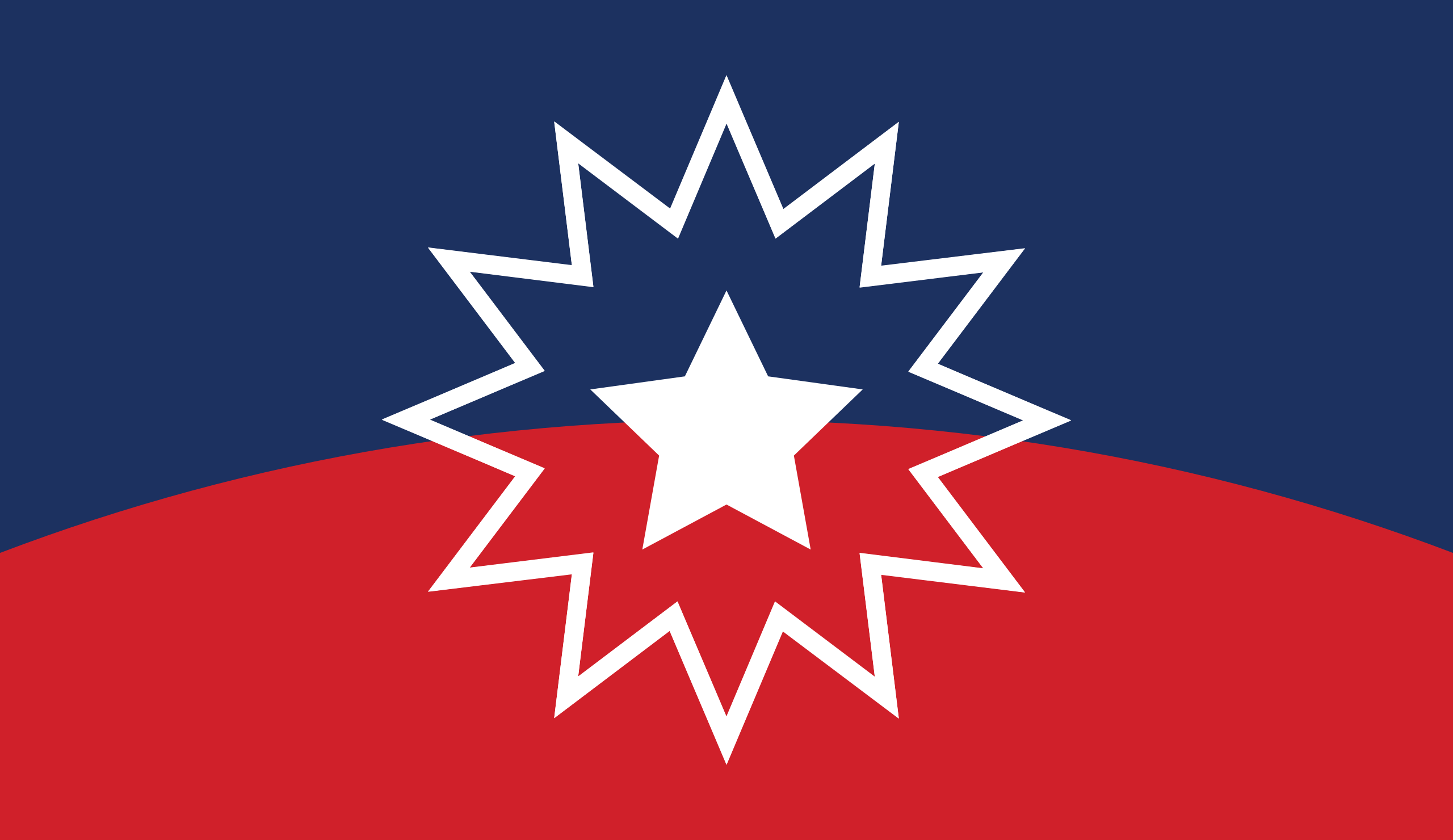Well, that was fast!
Legislation that would make Juneteenth a federal holiday has cleared the United States Congress by an extremely lopsided margin, with only a few extremist, mostly white supremacist House Republicans in opposition.
By a vote of four hundred and fourteen to fourteen, the House signed off on S. 475, which the Senate passed by unanimous consent less than thirty hours ago after the odious Ron Johnson of Wisconsin dropped his objection.
The roll call from the Pacific Northwest was unanimous:
Voting Aye: Democratic Representatives Suzan DelBene, Rick Larsen, Derek Kilmer, Pramila Jayapal, Kim Schrier, Marilyn Strickland (WA), Suzanne Bonamici, Earl Blumenauer, Peter DeFazio, and Kurt Schrader (OR); Republican Representatives Jaime Herrera Beutler, Dan Newhouse, Cathy McMorris Rodgers (WA), Cliff Bentz (OR), Russ Fulcher and Mike Simpson (ID), Don Young (AK), Matt Rosendale (MT)
S. 475 now heads to President Joe Biden’s desk. Biden, who has just returned from his first trip overseas as President, will be signing it tomorrow at 12:30 PM Pacific in an East Room ceremony with Vice President Kamala Harris, the White House announced in a scheduling note earlier this evening.
Biden and Harris will both offer remarks.
“With this step, Congress is ensuring that one of the most momentous events in our history, which has been celebrated by millions, particularly Black Americans, for 150 years now is officially recognized, that it is enshrined in our history books and it takes its place of honor in our nation,” said Speaker Nancy Pelosi.
“Juneteenth is a beautiful and proud celebration of freedom for Black Americans. It marks the day, two years after President Lincoln issued the Emancipation Proclamation, when Major General Gordon Granger and Union soldiers delivered the news of liberation in Galveston, Texas.”
“Over the past century and half, Juneteenth has evolved into a day of not only celebration, but of reflection. This day reminds us of a history much stained by brutality and injustice and reminds us of our responsibility to build a future of progress for all, honoring the ideal of equality that is America’s heritage and America’s hope,” the Speaker added, hailing the persistent efforts of the Congressional Black Caucus to make the occasion a federal holiday.
“I applaud my House colleagues for the swift passage of the Juneteenth National Independence Day Act, companion legislation to H.R. 1320, which I introduced to make Juneteenth a federal holiday to commemorate the end of chattel slavery, America’s Original Sin, and to celebrate he perseverance that has been the hallmark of the African American struggle for equality,” said Representative Sheila Jackson Lee (D‑Texas), who presided over the House vote on S. 475.
Most states already recognize Juneteenth as a holiday. Washington has done so since 2007, although Juneteenth only became a paid holiday for state workers very recently with the enactment of House Bill 1016 last month.
Juneteenth celebrations in the Pacific Northwest date back much further than that. The Juneteenth article on Wikipedia notably contains a copy of a flyer for a Juneteenth celebration at Seattle Center dating back to 1980.
Hawaii, North Dakota and South Dakota are the only states that don’t recognize Juneteenth, according to a fact sheet from the Congressional Research Service.
As Speaker Pelosi mentioned in her abovequoted floor remarks, this richly historic and joyous holiday originated in Texas, where enslaved Black people received the news that slavery had been abolished from Union troops led by Major General Gordon Granger. Slavery had been abolished months prior in the country’s rebelling states by order of President Lincoln, but Lincoln’s order didn’t become effective across the South until Union troops arrived to enforce it.
“A grassroots celebration highlighted by joyous singing, pig roasts, and rodeos, Juneteenth took root in many African-American communities during the late 19th century. But Juneteenth was never accorded official respect or recognition,” a Smithsonian Magazine article from a decade ago explained.
That, of course, is about to change, with the signing of S. 475. Once this bill becomes a law, no longer will Juneteenth be recognized only at the state level.
With federal recognition, we can expect a lot more media coverage and observances of Juneteenth going forward. Hopefully, that leads to a greater understanding and awareness among all Americans of this country’s racist past and the crucially important antiracist movements that have been seeking to liberate all oppressed peoples from the scourges of bigotry and injustice.

